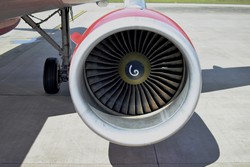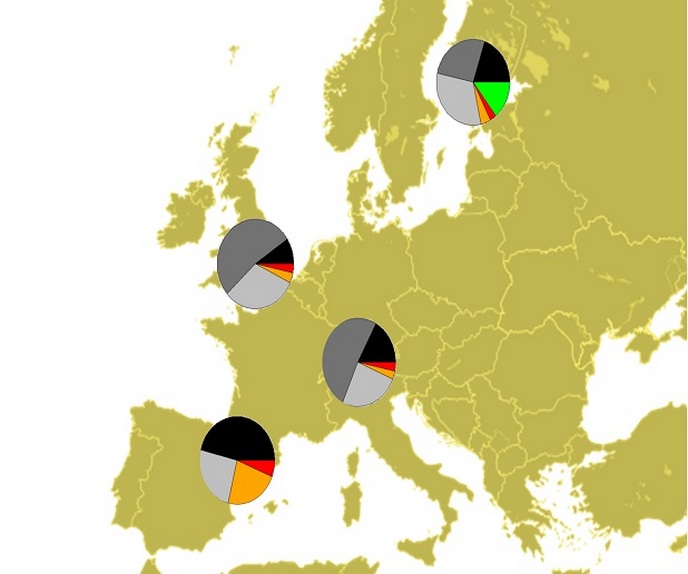Advanced lubrication system for cleaner aircraft engines
Although aircraft gas turbines have evolved tremendously in recent years, the lubrication systems have remained largely unchanged. Lubricants are used in aero engines to reduce friction and wear as well as for cooling and sealing. Novel technologies are required to meet requirements such as lower oil consumption while maintaining reliability and lower mass. The EU-funded project LUBSEP (Test of advanced lubrication equipment) addressed this challenge by developing an innovative engine oil system (lubrication system). This pump and separation system (PASS) integrates three critical functions of the aero engine into a single system. These are the de-oiling and deaeration of the oil-air mixture generated in the engine bearing and the gearbox sumps as well as oil pumping back towards the oil tank. De-oiling helps remove small oil droplets from the air flow. Poor de-oiling efficiency implies high engine oil consumption that limits flight endurance and increases oil tank weight and size as well as aircraft emissions. The deaeration function of the scavenge oil removes air bubbles from the oil-air mixture returning to the tank. Poor deaeration efficiency raises problems with cooling and lubrication of the engine roller bearings. Project partners also successfully developed and tested a method based on radioactive traces to measure very small engine oil consumption. A newly developed air blower located at the PASS outlet ensures sealing of the engine bearing chambers and efficient air suction through the whole air-oil separation system. Use of the PASS will considerably simplify the aero engine lubrication system. The reduction in number of components will lead to a much lighter and more reliable engine oil system. The innovation could also result in more efficient aero engines that consume less oil and fuel – a boon for the aeronautics industry and the environment.







